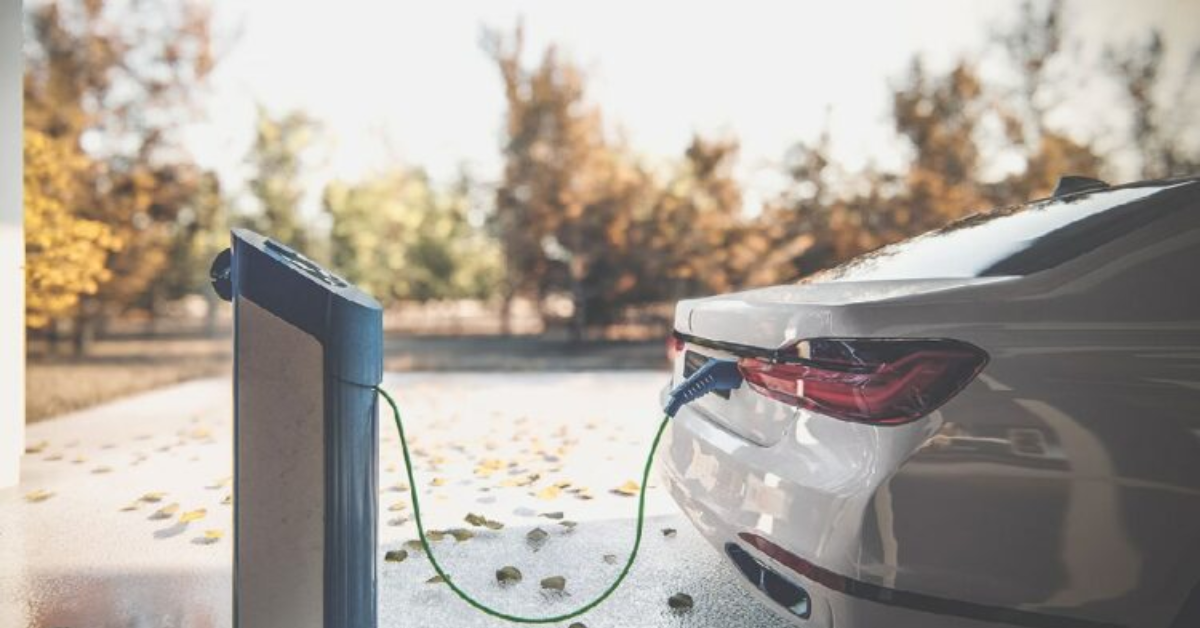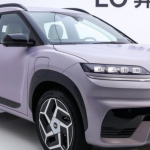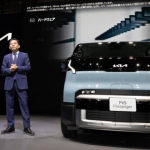Electric Vehicles (EVs) are often praised as the future of mobility — eco-friendly, economical, and technologically advanced. While the promise of low fuel costs and reduced emissions is appealing, many potential buyers overlook a critical factor: the hidden expenses of owning an EV.
This blog explores those lesser-known costs that could affect your budget long after the initial purchase. If you’re considering switching from a petrol or diesel vehicle to an electric car, this guide will help you make a well-informed decision.
1. 🔌 Home Charging Station Installation
One of the first hidden expenses you may face is the installation of a home charging unit.
What it includes:
- Cost of charger: ₹40,000–₹1,00,000 depending on brand and output capacity.
- Installation charges: ₹10,000–₹20,000, especially if you need wiring upgrades or circuit breakers.
- Extra for fast chargers: These can cost significantly more and may need a three-phase connection.
Why it matters:
Relying on public charging stations alone is not practical. Most EV owners install home chargers for daily convenience, which adds to upfront expenses.
2. ⚡ Electricity Bills: More Than You Think
EVs don’t run on free electricity. Charging your vehicle regularly will increase your monthly electricity bill.
Example:
If your EV has a 40 kWh battery and you drive 1,000 km/month, you may consume around 120–150 units of electricity monthly.
Cost Impact:
- In cities where electricity rates are ₹7–₹10 per unit, monthly EV charging can add ₹1,000–₹1,500 to your power bill.
- Fast charging at home or during peak hours may cost even more.
3. 🔋 Battery Replacement Costs
EV batteries have a long life, but not a lifetime. Most EV batteries last 8–10 years depending on usage, environment, and charging habits.
Average battery replacement cost:
- ₹5–₹7 lakh for premium EVs like the Hyundai IONIQ 5 or MG ZS EV.
- ₹2–₹3 lakh for smaller EVs like Tata Tiago EV or MG Comet.
Why it’s crucial:
Batteries are the most expensive component in an electric car. Once your warranty ends, replacement can hit your pocket hard.
4. 🛡️ Insurance Premiums for EVs
EV insurance policies are typically more expensive than those for petrol or diesel cars.
Why higher premiums?
- Expensive parts and batteries
- Higher repair/replacement costs
- Limited trained repair technicians
Additional tip:
Some insurers offer battery protection add-ons which also cost extra but can be helpful.
5. 🛠️ Maintenance Isn’t Free
It’s true that EVs require less maintenance due to fewer moving parts, no engine oil, and no exhaust system. But they still come with service requirements and occasional repairs.
Hidden service costs may include:
- Coolant replacement (for thermal management systems)
- Brake fluid and tire replacements
- Software updates at the dealership
- Specialized labor which costs more due to lack of trained mechanics
Spare part delays:
In India, some EV parts are imported, so delays in service and availability of components can be frustrating and costly.
6. 🗺️ Public Charging Infrastructure Challenges
While public charging networks are growing, they aren’t always reliable, fast, or affordable.
Problems include:
- Higher per-unit pricing (₹15–₹25/unit)
- Idle fees if you leave your car post-charging
- Membership fees for private EV networks (like Tata Power, Statiq, etc.)
Travel planning cost:
You may have to plan longer road trips differently, adding hotel stays at EV-friendly places or using paid valet charging — all of which cost money.
7. 🅿️ Parking & EV Infrastructure Costs in Societies
If you live in an apartment, installing a personal EV charger in your parking lot might require:
- Permission from the society
- Dedicated metering
- Safety inspections
Some gated communities charge additional fees for dedicated EV slots and infrastructure access, especially in metro cities.
8. 🌡️ Reduced Range in Extreme Weather
Many EV owners don’t realize that cold or extremely hot weather can reduce battery efficiency and range by 15–30%.
Outcome:
You may end up charging more frequently, increasing electricity usage and reducing cost efficiency.
9. 📉 Resale Value Uncertainty
Unlike petrol/diesel vehicles, used EV resale markets are still evolving. Due to battery wear and uncertainty around battery health:
- Depreciation is faster for older EV models
- Buyers hesitate due to high battery replacement costs
- EV tech evolves quickly, making older models less desirable
10. 🔌 Upgrading Charger or Battery Tech Later
With technology advancing fast, your current EV charger or even the battery might become obsolete.
- Upgrading home charger to support faster charging may become necessary.
- Battery tech will evolve, and compatibility with newer systems may be limited.
These upgrade costs can come unexpectedly.
✅ Conclusion: Is Owning an EV Still Worth It?
Despite these hidden costs, electric cars still offer many benefits:
- Zero tailpipe emissions
- Low daily running cost
- Government subsidies and tax benefits
- Smooth, quiet, and modern driving experience
However, knowing the complete financial picture helps you plan better.
⚖️ Quick Cost Comparison Table
| Expense Category | EV (Approx) | ICE Car (Approx) |
|---|---|---|
| Running Cost (per km) | ₹1–₹1.5 | ₹5–₹7 |
| Battery Replacement (after 8 years) | ₹2–₹7 lakh | NA |
| Annual Insurance | ₹20,000–₹60,000 | ₹12,000–₹40,000 |
| Annual Maintenance | ₹8,000–₹15,000 | ₹12,000–₹25,000 |
| Charging Infrastructure | ₹40,000–₹1 lakh | NA |
Final Thoughts
EVs are definitely the future — but not without their own set of costs and complexities. The key is not to get swept away by only the “fuel savings” narrative.
Understanding these hidden expenses will help you make a smarter buying decision and ensure you aren’t caught off-guard after purchase. Always evaluate your driving needs, budget, location, and usage before finalizing that shiny new electric car.

Hello, my name is Muskan Kumari and I am an experienced Digital Marketer. I have been blogging for the last 3 years and I have special interest in SEO. Here I give you easy bikes and writes easy-to-understand reviews and news about the latest bikes, helping readers choose the best options.. My aim is to always provide you with accurate, new and useful information.










